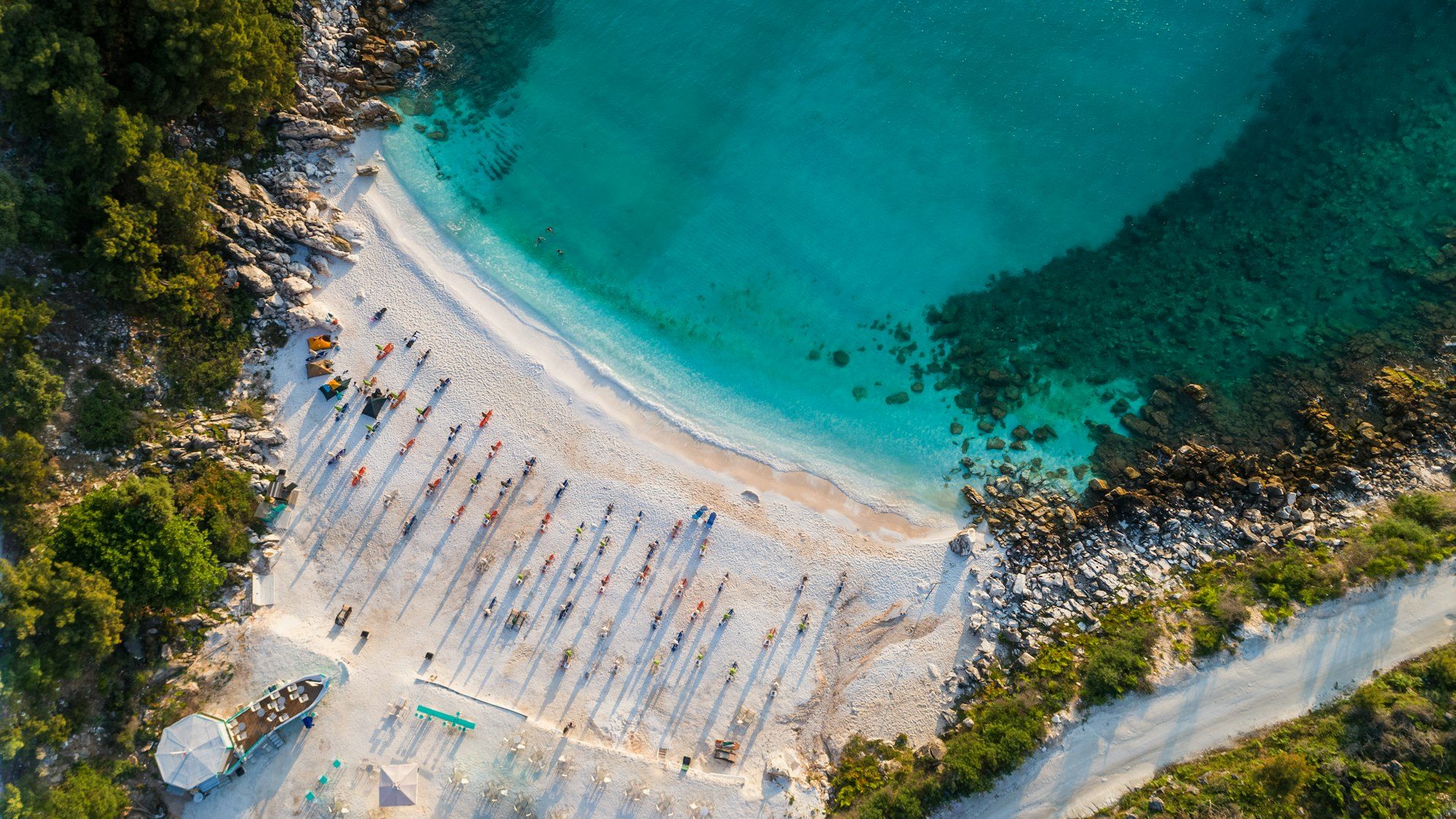The COVID-19 pandemic has severely impacted Queensland’s tourism industry. Border closures have left many businesses in tourism-dependent regions struggling for survival.
Besides losing access to customers, tourism operators are facing challenges in recruiting employees due to the uncertainty surrounding COVID-19 restrictions and potential sudden lockdowns.
Associate Professor Richard Robinson from the UQ Business School, with support from the Queensland state government, is developing a crisis resilience and recovery plan for these businesses. The plan’s development included consultations with tourism industry operators across five Queensland regions.
Research indicates that operators in Tropical North Queensland have been most affected, losing both international tourists and the international labor market. The marine and Indigenous tourism sectors are among the hardest hit.
“The consultations revealed concerns about job security, financial hardship, wellbeing, and skilled labor shortages. We are devising strategies for a staggered recovery from COVID-19 impacts and building workforce resilience,” said Associate Professor Richard Robinson from the UQ Business School.
Government support packages like JobKeeper improved work opportunities and a sense of community, but confidence has declined again in 2021 due to ongoing lockdowns and border closures.
Despite increased visitors, labor shortages and skill gaps remain significant concerns for tourism operators. Employee motivation and managing workload pressures have been challenging due to staffing difficulties.
Government Announces $54 Million Support Package For Struggling Gold Coast Border Businesses
Businesses on the Gold Coast impacted by recent border closures have received support from both the Queensland State and Federal Governments. Queensland Premier Annastacia Palaszczuk announced a $54.5 million emergency support package to aid businesses affected by border restrictions and interstate lockdowns.
The package includes $6.3 million for the Covid-19 Business Support Grants Program, $6.5 million for one-off hardship grants, $1 million for a voucher campaign, $50,000 for a tourism marketing campaign, and a $40 million hardship program offering grants of up to $50,000. Additionally, $700,000 will be allocated for mental health support in the border zone.




